Generation Equality is the most significant ongoing global effort to advance gender equality. A 5-year initiative, it brings together governments, international and United Nations agencies, NGOs, philanthropic organizations, and the private sector to accelerate progress towards gender equality by 2026.
Since the process began in 2020, WEI has been at the forefront, promoting the rights, priorities, inclusion, and leadership of feminists with disabilities in the movement.
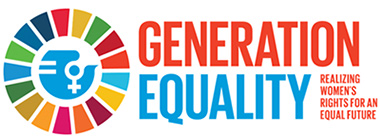 Now as we approach the midpoint of Generation Equality, it is time to reflect both on our progress to date and what more we need to do to ensure that women, girls, and gender-diverse persons with disabilities lead, participate, and are valued in feminist spaces.
Now as we approach the midpoint of Generation Equality, it is time to reflect both on our progress to date and what more we need to do to ensure that women, girls, and gender-diverse persons with disabilities lead, participate, and are valued in feminist spaces.
As an active leader of the Generation Equality Action Coalition on Feminist Movements and Leadership, WEI helped shape a Blueprint under which States, UN agencies, and others would commit to advancing gender equality, including key principles like intersectionality and sharing power with those most excluded from the feminist movement. We are also working with other Action Coalition leaders — including new partners like Global Affairs Canada, United Cities and Local Governments, and Gucci, as well as old friends like CREA, Open Society Foundations, and UN Women — to turn the Action Coalition’s Blueprint into a reality.
Generation Equality has become a galvanizing force for the growing global movement of feminists with disabilities, including through the creation of the Inclusive Generation Equality Collective, a global group of feminists with disabilities and allies that was first convened by WEI in 2021. After many feminists with disabilities could not access one of Generation Equality’s key moments — a virtual Paris Forum hosted by France in 2021 – WEI and the Collective strategized to ensure that we would no longer be excluded from the spaces where decisions were made about our rights and well-being.

Building on that momentum and with WEI’s support, in December 2022 the Collective launched the Feminist Accessibility Protocol, a groundbreaking set of 13 accessibility-related commitments that serves as a call for States, UN agencies, feminist civil society, and other feminist actors to #CommitToAccess in the spaces where gender equality is discussed and decisions are made.
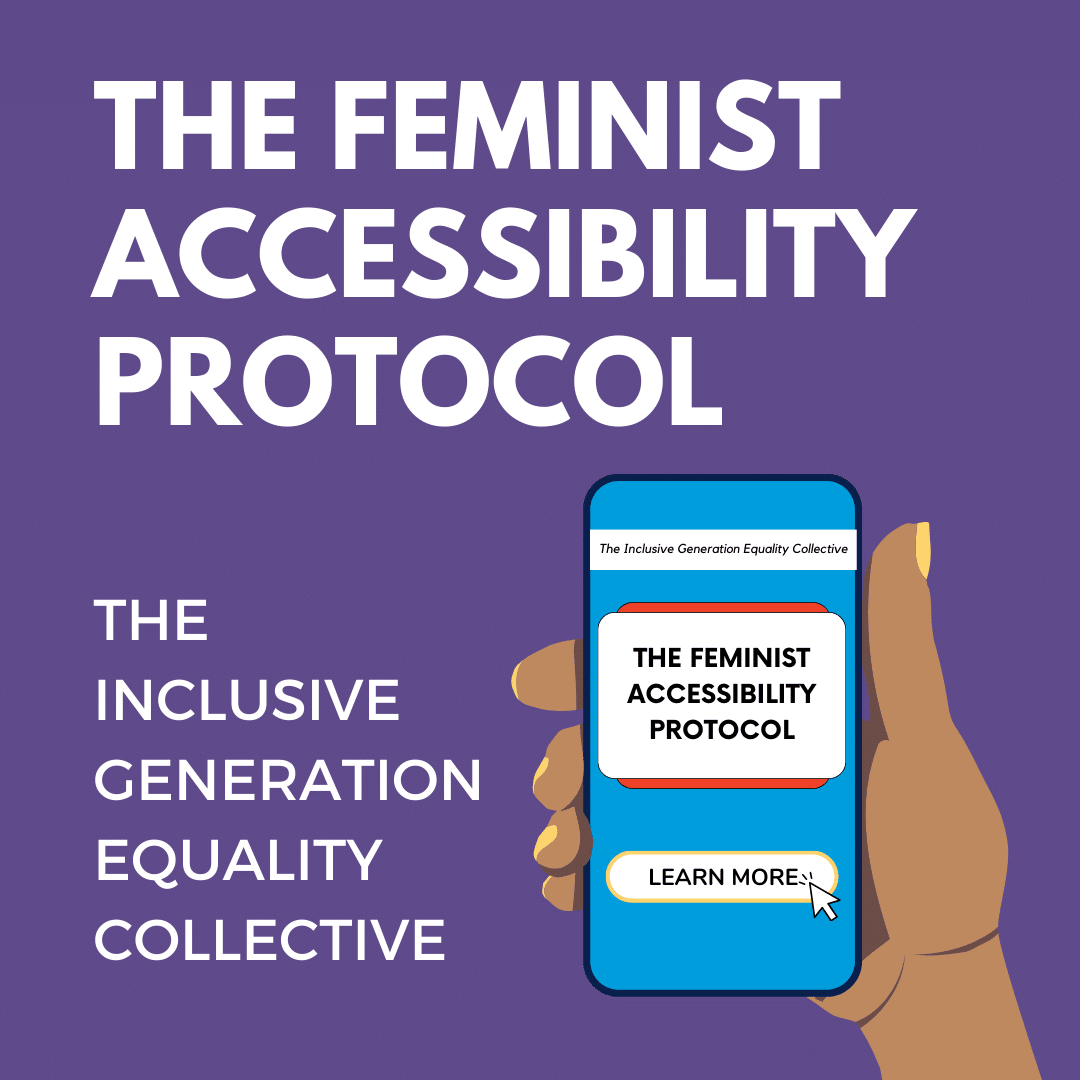
As we move forward into the second half of the Generation Equality process, we will continue to strongly advocate for the inclusion and leadership of feminists with disabilities in global gender equality spaces and also to partner with women-led organizations of persons with disabilities on country-level advocacy projects to make gender equality a lived reality.
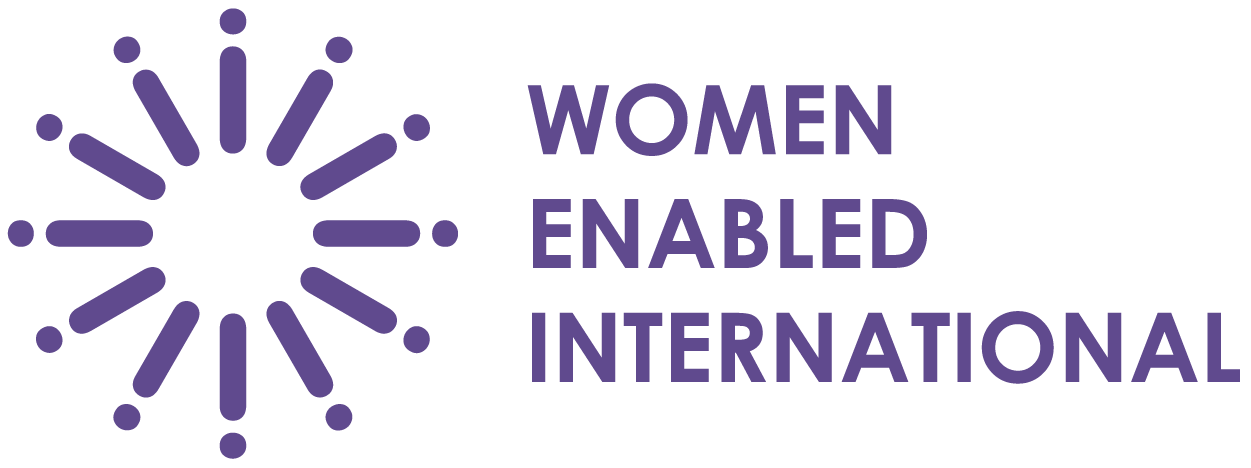
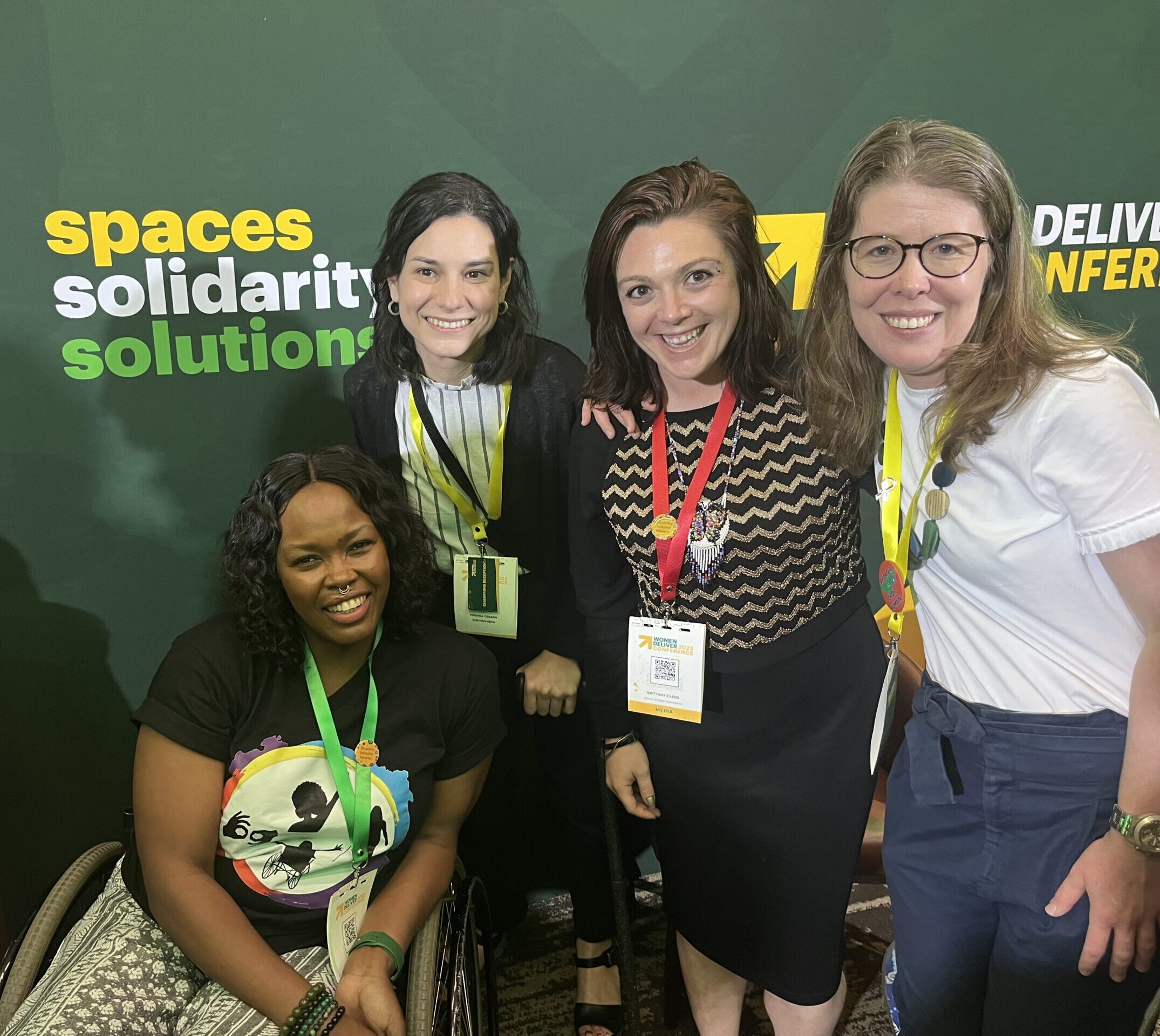 As a strategic partnership through participation on the Women Deliver Advisory Committee, and also as disability and accessibility experts, WEI co-designed and championed the accessibility strategy for the massive gathering. This included ensuring accessibility in all aspects of the event, from plenary and concurrent sessions, to community gatherings and side events.
As a strategic partnership through participation on the Women Deliver Advisory Committee, and also as disability and accessibility experts, WEI co-designed and championed the accessibility strategy for the massive gathering. This included ensuring accessibility in all aspects of the event, from plenary and concurrent sessions, to community gatherings and side events.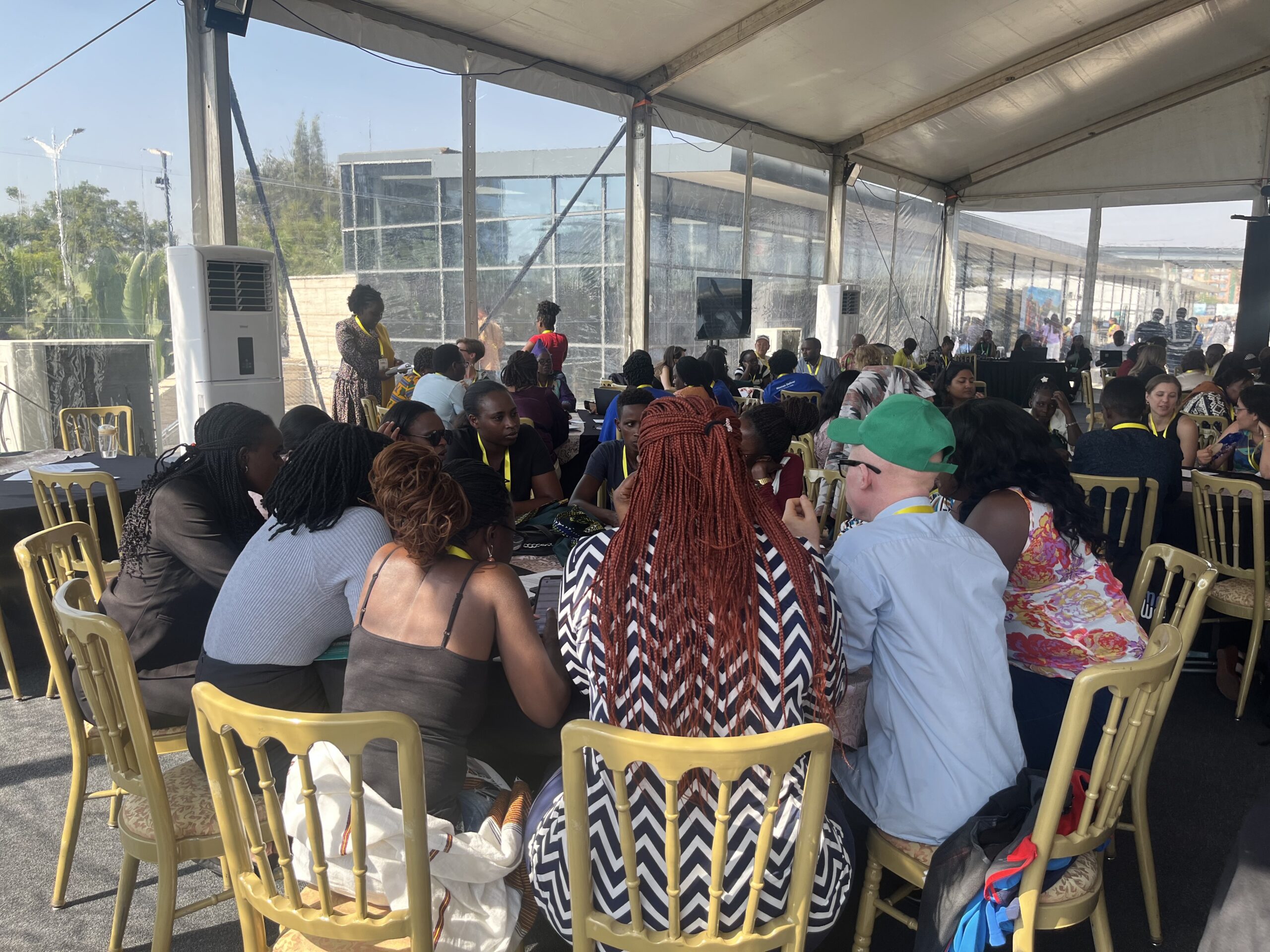 Our Disability Solidarity Space at Women Deliver 2023 was an inspiring and vibrant meeting ground where over 120 #FeministsWithDisabilities came together to share insights and build a community of connection.
Our Disability Solidarity Space at Women Deliver 2023 was an inspiring and vibrant meeting ground where over 120 #FeministsWithDisabilities came together to share insights and build a community of connection.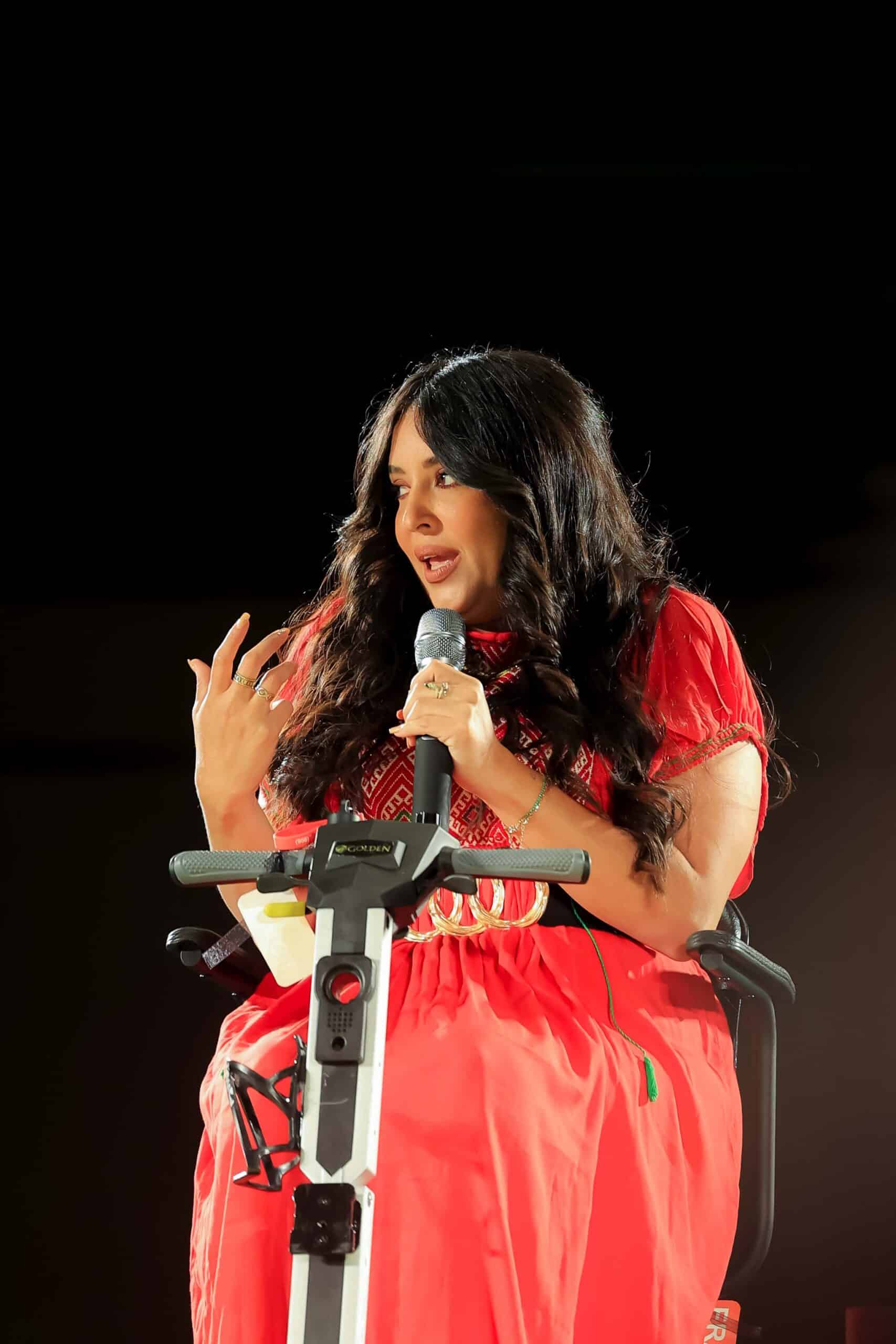
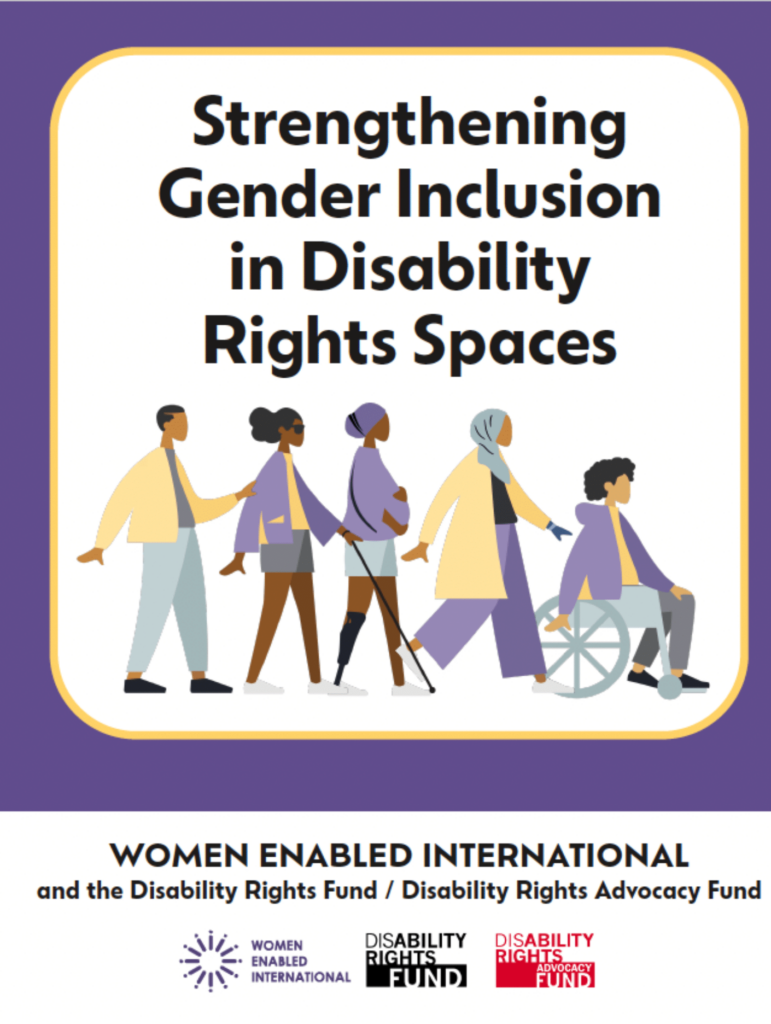
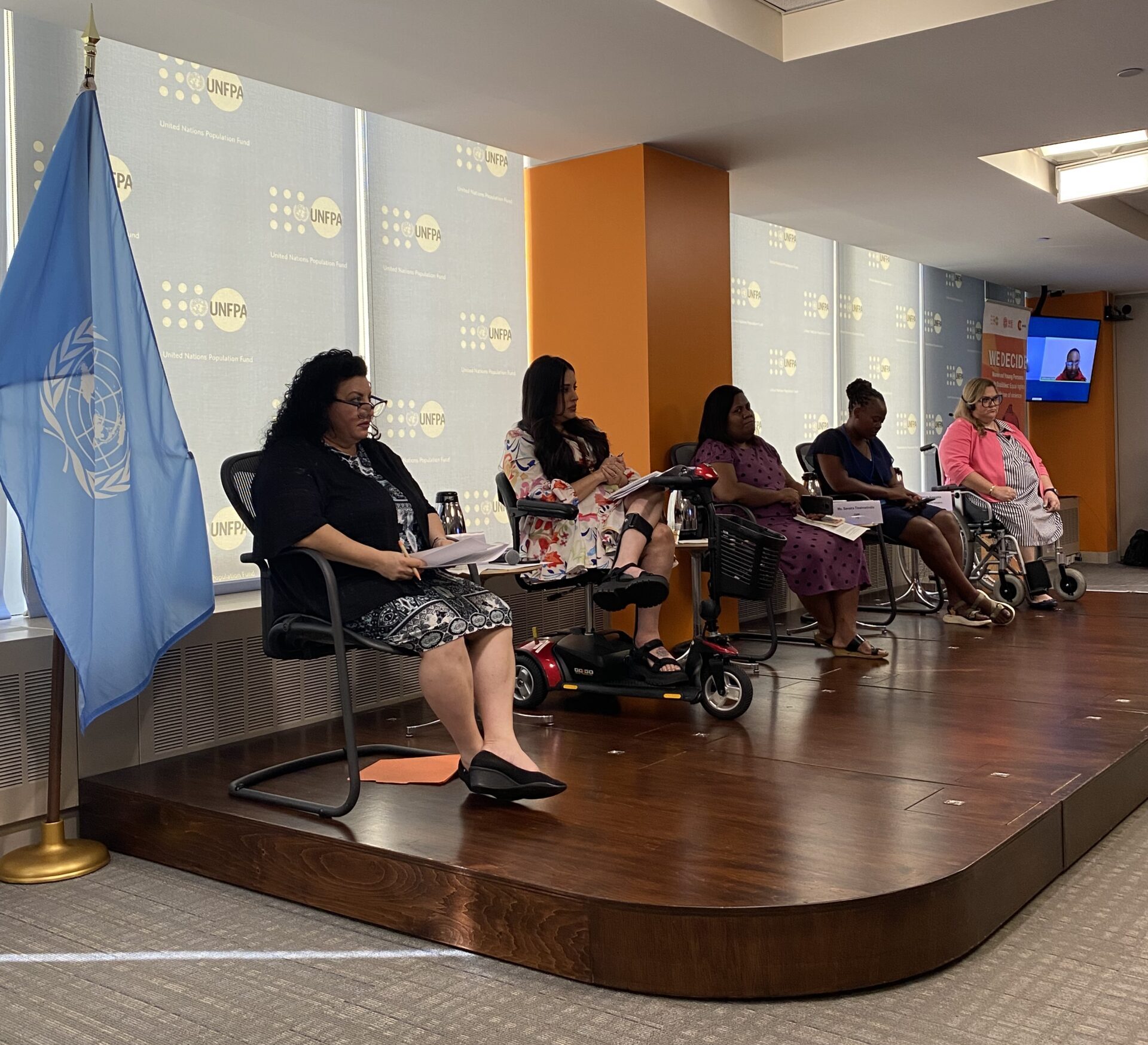 We organized and moderated a panel discussion on innovative interventions to ensure access to sexual and reproductive health (SRH), alongside panelists and co-sponsors from the United Nations Population Fund (UNFPA), the Permanent UN Missions of Finland, Norway, and Morocco, Validity Foundation, and advocates from Botswana, Fiji, and Latin America. They shared compelling results and good practices from interventions such as UNFPA’s global We Decide Programme and other on-going local projects that promote access to SRH and gender-based violence information and services for women, girls, and gender-diverse people with disabilities. They also made the case for more targeted research and data to strengthen access to comprehensive services.
We organized and moderated a panel discussion on innovative interventions to ensure access to sexual and reproductive health (SRH), alongside panelists and co-sponsors from the United Nations Population Fund (UNFPA), the Permanent UN Missions of Finland, Norway, and Morocco, Validity Foundation, and advocates from Botswana, Fiji, and Latin America. They shared compelling results and good practices from interventions such as UNFPA’s global We Decide Programme and other on-going local projects that promote access to SRH and gender-based violence information and services for women, girls, and gender-diverse people with disabilities. They also made the case for more targeted research and data to strengthen access to comprehensive services.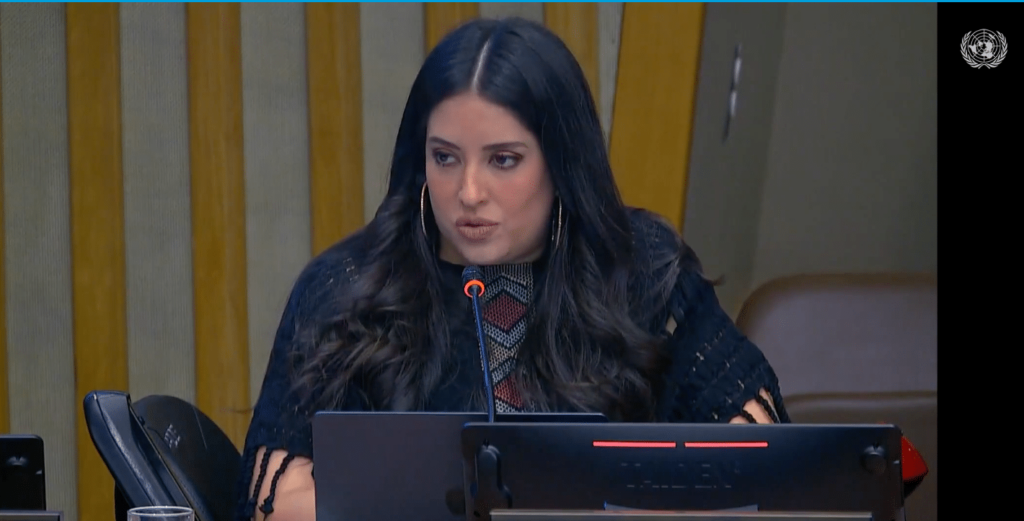
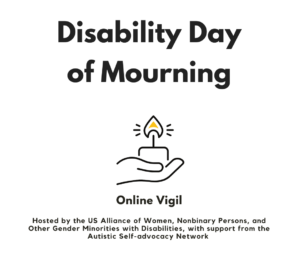
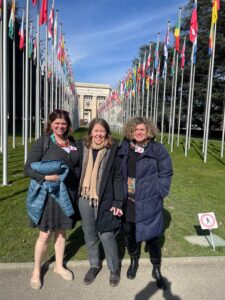
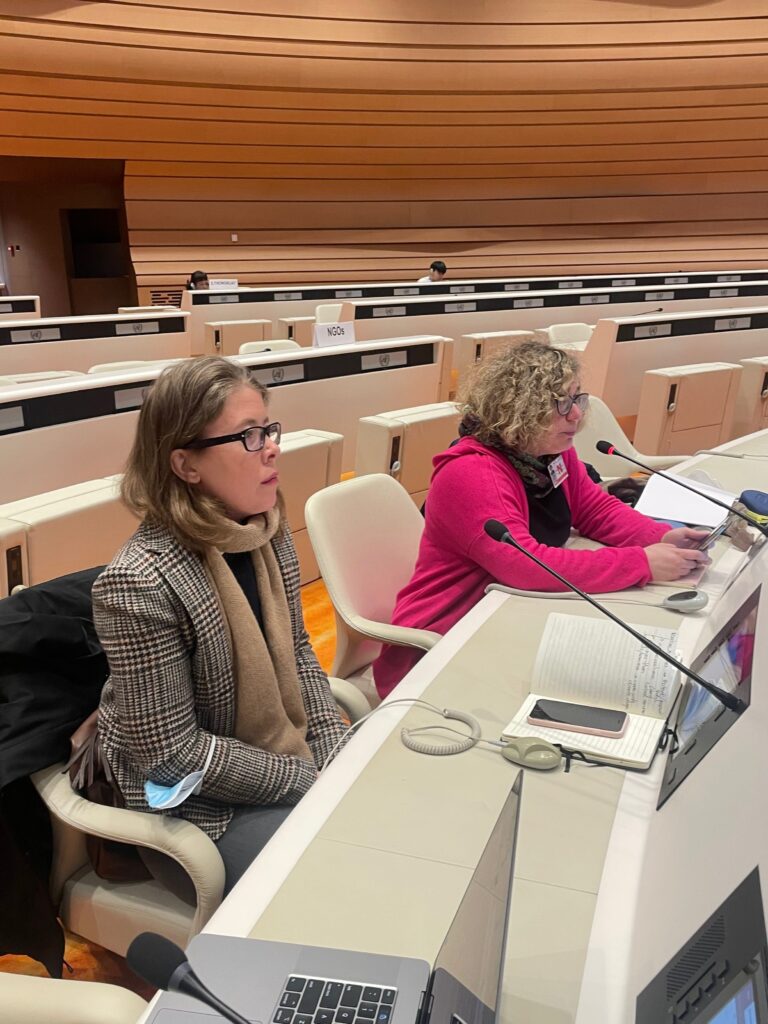
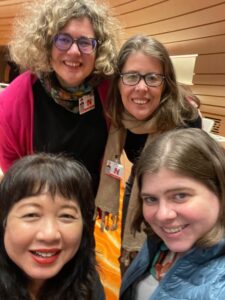
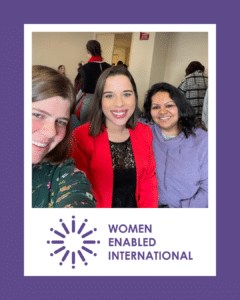
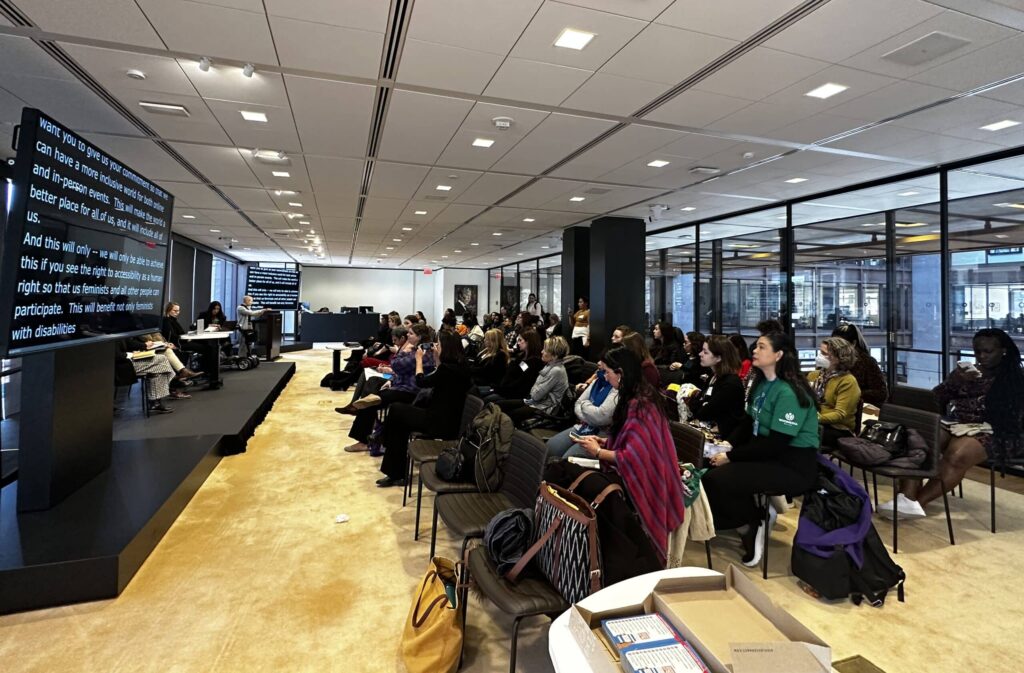

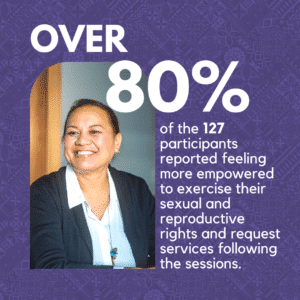
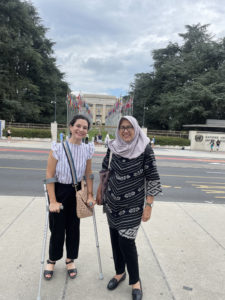 In August 2022, WEI traveled to Geneva for the first time since the start of the COVID-19 pandemic for an in-person session of the Committee on the Rights of Persons with Disabilities (CRPD Committee). We sponsored a colleague from the Indonesia Mental Health Association to participate in the CRPD Committee’s country review of Indonesia and adjacent meetings. The results of these joint advocacy meetings were:
In August 2022, WEI traveled to Geneva for the first time since the start of the COVID-19 pandemic for an in-person session of the Committee on the Rights of Persons with Disabilities (CRPD Committee). We sponsored a colleague from the Indonesia Mental Health Association to participate in the CRPD Committee’s country review of Indonesia and adjacent meetings. The results of these joint advocacy meetings were: